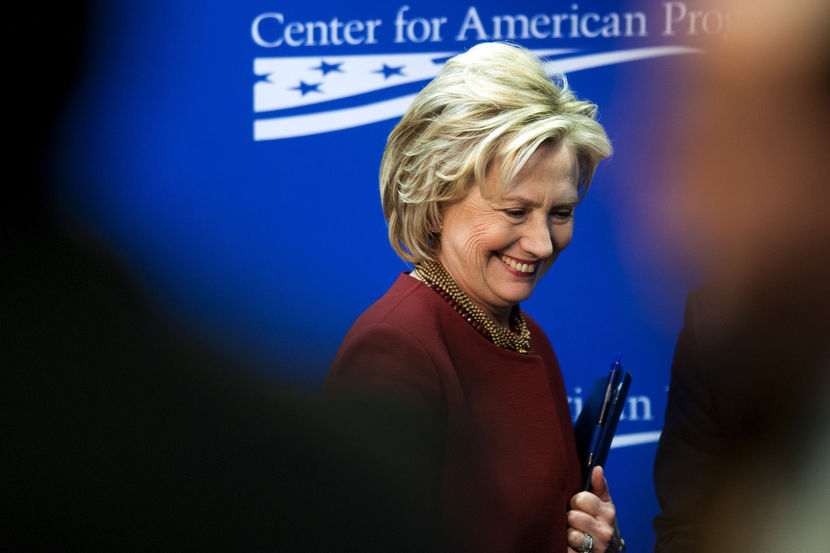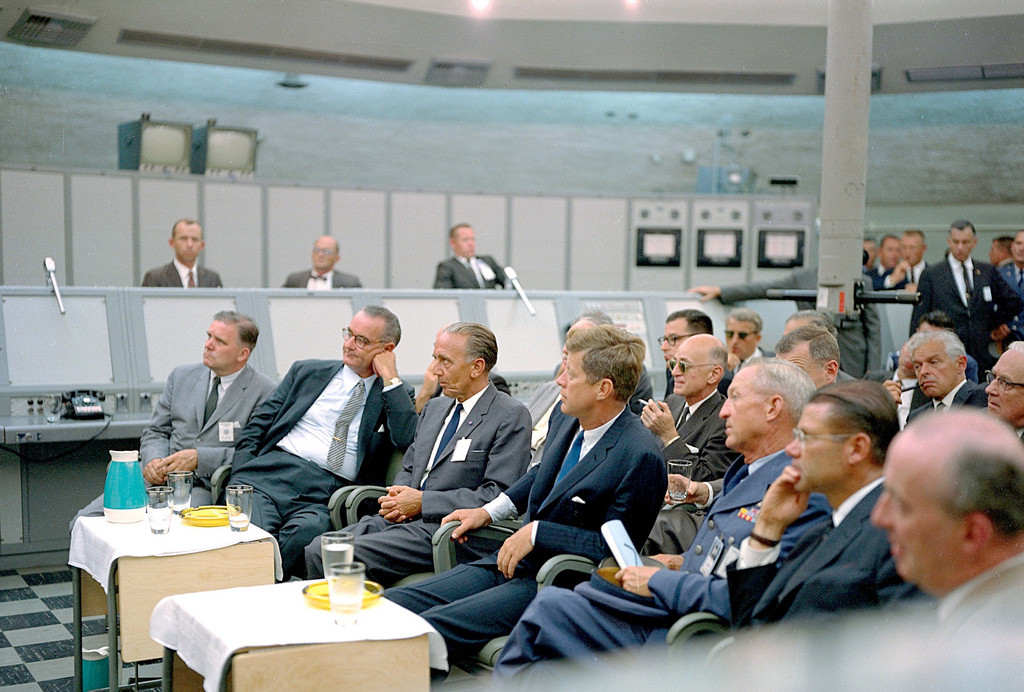CONTROLLED DISASTER
OEM's Community Emergency Response Team members undergo an intensive 10-week training program that raises awareness about emergencies, disasters and provides basic response skills needed for fire safety, light search and rescue, disaster medical operations, and traffic control.
After graduating from the 10-week program, CERT members support their communities by assisting with emergency education and response. Emergency services personnel are the best equipped to respond to disasters. NYC CERT volunteers are trained to support the efforts of New York City's first responders.




